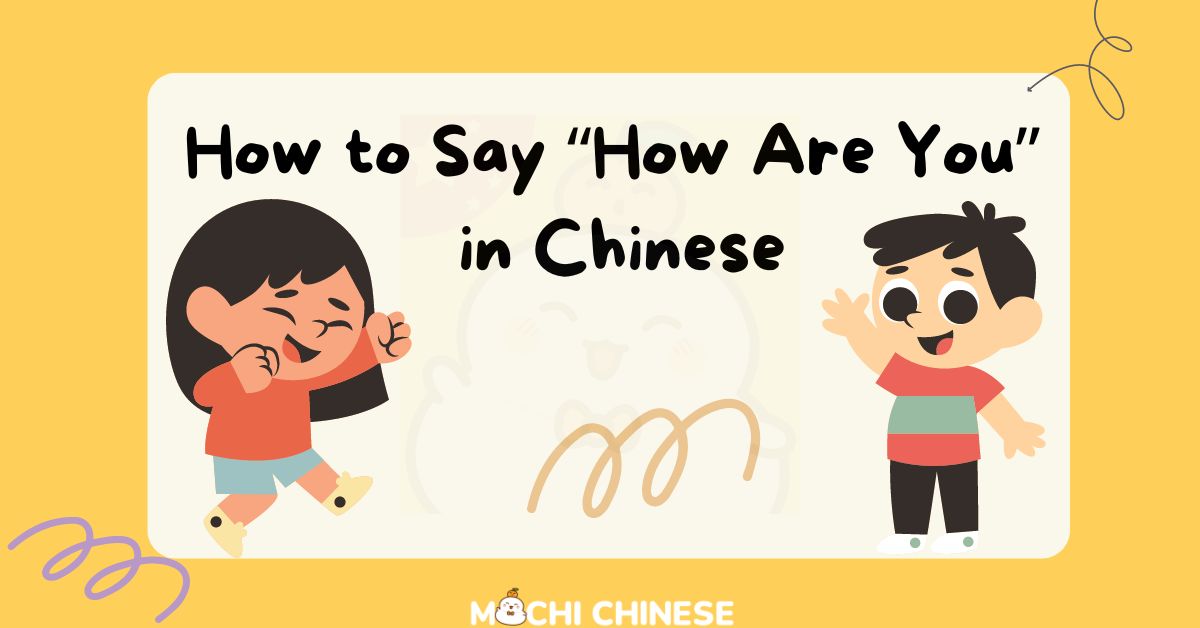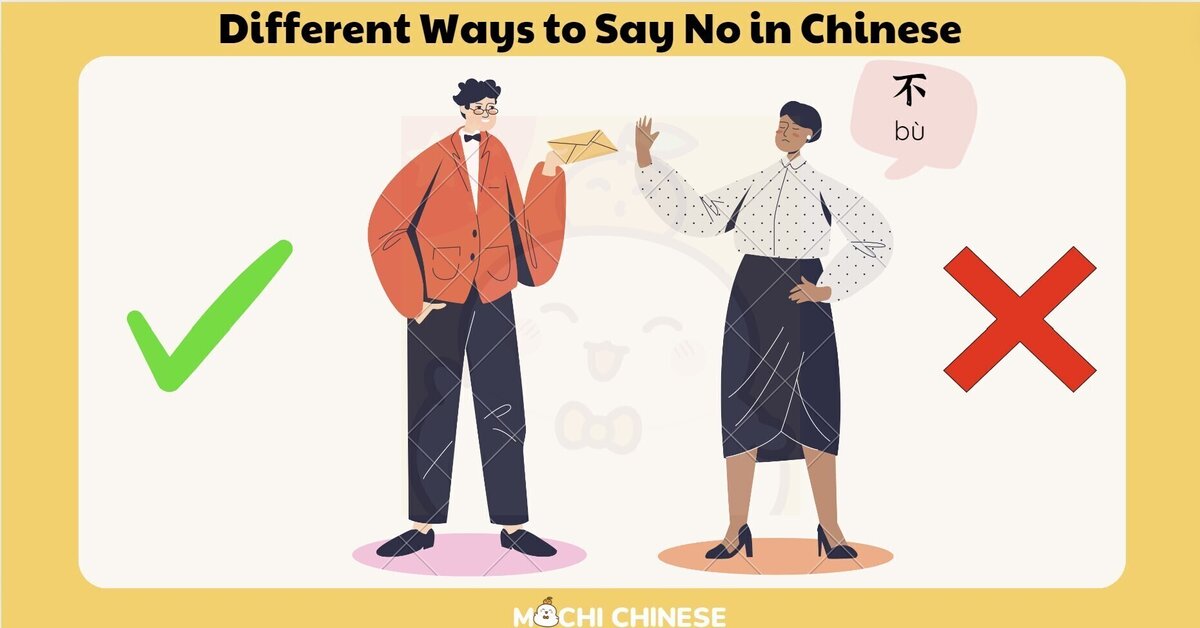So, you’ve decided to embark on a journey to learn Chinese? That’s fantastic! Whether you’re planning a trip to China, communicating with Chinese-speaking friends or family, or simply expanding your linguistic horizons, mastering essential Chinese phrases can significantly enhance your experience and open up new opportunities for connection and understanding. In this guide, we’ll walk through key phrases that every beginner should know to navigate various everyday situations with ease.
Greetings and Basic Interactions
Introducing Yourself in Chinese
Let’s kick things off with introductions. The ability to introduce yourself in Chinese sets the stage for future interactions and establishes a foundation for communication. Here are some key phrases to get you started:
- 你好,我叫… (Nǐ hǎo, wǒ jiào…) – Hello, my name is…
- 我是… (Wǒ shì…) – I am…
- 我来自… (Wǒ láizì…) – I am from…
- 我的工作是… (Wǒ de gōngzuò shì…) – My job is…
Example:
- 你好,我叫李华。(Nǐ hǎo, wǒ jiào Lǐ Huá.) – Hello, my name is Li Hua.
- 我是老师。(Wǒ shì lǎoshī.) – I am a teacher.
- 我来自美国。(Wǒ láizì Měiguó.) – I am from the United States.
- 我的工作是工程师。(Wǒ de gōngzuò shì gōngchéngshī.) – My job is an engineer.
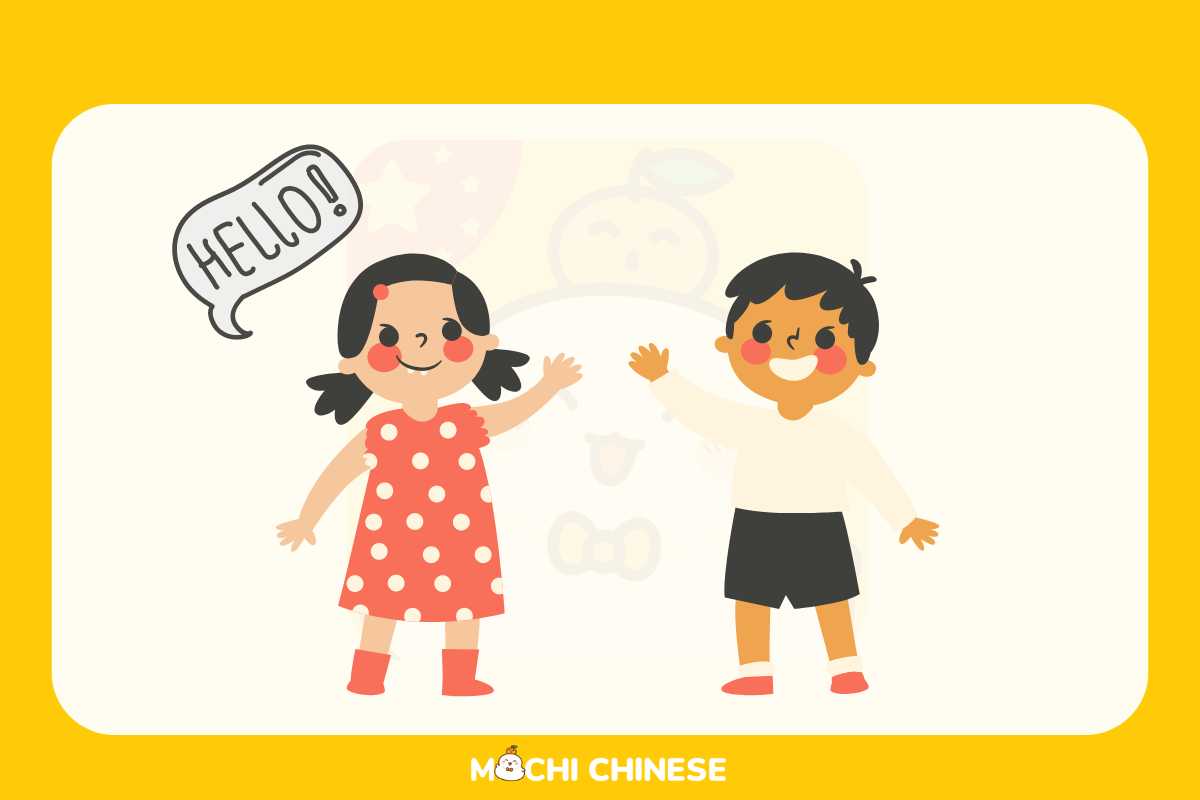
Everyday Greetings
Greetings are the cornerstone of social interaction in any culture. In Chinese, there are specific greetings for different times of the day and situations. Here are a few you’ll encounter frequently:
- 你好 (Nǐ hǎo) – Hello
- 早上好 (Zǎoshang hǎo) – Good morning
- 下午好 (Xiàwǔ hǎo) – Good afternoon
- 晚上好 (Wǎnshàng hǎo) – Good evening
- 你吃了吗?(Nǐ chī le ma?) – Have you eaten? (A common greeting in China)
Appropriate Responses:
- 早上好!(Zǎoshang hǎo!) – Good morning!
- 你好吗?(Nǐ hǎo ma?) – How are you?
- 很好,谢谢。(Hěn hǎo, xièxiè.) – Very well, thank you.

You can refer to 25 Common Greeting Sentences to explore more greeting sentences in Chinese. Each “你好” should be met with a smile, and maybe, a friendly conversation will be followed.
Essential Questions and Responses
Asking Questions
Asking questions is essential for gathering information and engaging in meaningful conversations. Whether you’re seeking directions, recommendations, or opinions, knowing how to frame your queries is key.
Key Phrases:
- 这是什么?(Zhè shì shénme?) – What is this?
- 你在哪里?(Nǐ zài nǎlǐ?) – Where are you?
- 什么时候?(Shénme shíhou?) – When?
- 为什么?(Wèishéme?) – Why?
- 怎么样?(Zěnme yàng?) – How?
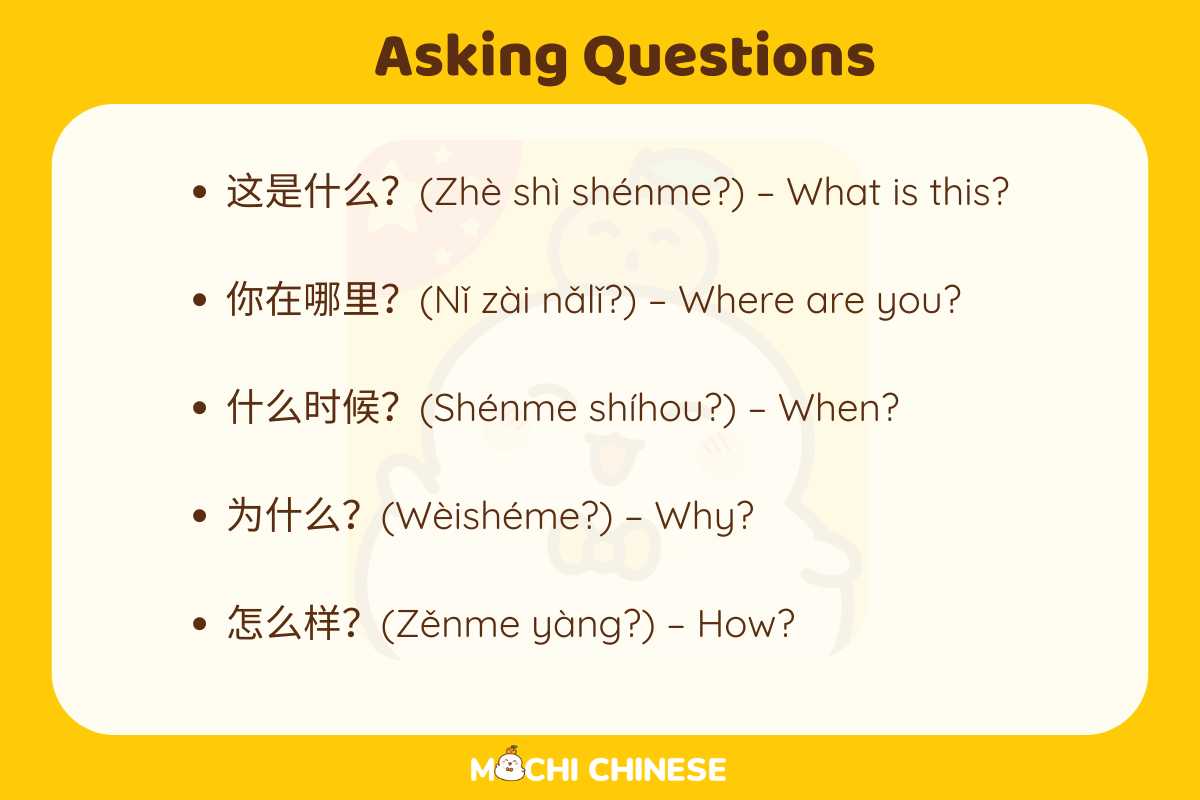
Phrases for Asking for Directions, Recommendations, and Opinions:
- 请问…在哪里?(Qǐngwèn…zài nǎlǐ?) – Excuse me, where is…?
- 你推荐什么?(Nǐ tuījiàn shénme?) – What do you recommend?
- 你怎么看?(Nǐ zěnme kàn?) – What’s your opinion?
Giving Responses
Knowing how to respond to questions is just as important as asking them. These phrases will help you express agreement, disagreement, or uncertainty effectively.
Useful Phrases:
- 是的 (Shì de) – Yes
- 不是 (Bù shì) – No
- 我不知道 (Wǒ bù zhīdào) – I don’t know
- 我觉得… (Wǒ juéde…) – I think…
How to Express Agreement, Disagreement, or Uncertainty:
- 我同意 (Wǒ tóngyì) – I agree
- 我不同意 (Wǒ bù tóngyì) – I disagree
- 我不确定 (Wǒ bù quèdìng) – I’m not sure
Dining and Shopping
At the Restaurant
Navigating a restaurant setting requires a specific set of phrases for ordering food, asking about menu items, and requesting assistance.

Phrases for Ordering Food:
- 我想要… (Wǒ xiǎng yào…) – I would like…
- 请给我… (Qǐng gěi wǒ…) – Please give me…
Asking About Menu Items:
- 这是什么?(Zhè shì shénme?) – What is this?
- 这个有什么?(Zhège yǒu shénme?) – What does this contain?
Requesting Assistance:
- 服务员 (Fúwùyuán) – Waiter/Waitress
- 可以帮我吗?(Kěyǐ bāng wǒ ma?) – Can you help me?
Complimenting the Food and Handling Billing Inquiries:
- 这个很好吃 (Zhège hěn hǎo chī) – This is delicious
- 请问,账单在哪里?(Qǐngwèn, zhàngdān zài nǎlǐ?) – Excuse me, where is the bill?
Shopping Essentials
Shopping in China can be a delightful adventure, especially if you know the right phrases to ask for prices, bargain, and describe what you’re looking for.

Key Phrases for Shopping:
- 多少钱?(Duōshǎo qián?) – How much is it?
- 太贵了 (Tài guì le) – It’s too expensive
Asking for Different Sizes or Colors:
- 有没有大一点的?(Yǒu méiyǒu dà yīdiǎn de?) – Do you have a bigger one?
- 有没有别的颜色?(Yǒu méiyǒu bié de yánsè?) – Do you have a different color?
Describing What You’re Looking For:
- 我在找… (Wǒ zài zhǎo…) – I am looking for…
- 你有…吗?(Nǐ yǒu…ma?) – Do you have…?
Handling Emergencies and Special Situations
Emergencies and unexpected situations can arise at any time, and knowing how to communicate effectively is essential for your safety and well-being, as well as for seeking assistance. Let’s explore some key phrases and vocabulary for handling emergencies in Chinese.
Medical Emergencies
Knowing how to describe symptoms and ask for help in a medical emergency is crucial when traveling.

Essential Phrases:
- 我需要医生 (Wǒ xūyào yīshēng) – I need a doctor
- 我不舒服 (Wǒ bù shūfú) – I’m not feeling well
Describing Symptoms:
- 我头疼 (Wǒ tóuténg) – I have a headache
- 我发烧 (Wǒ fāshāo) – I have a fever
- 我肚子疼 (Wǒ dùzi téng) – I have a stomachache
Vocabulary Related to Pharmacies and Hospitals:
- 药店 (Yàodiàn) – Pharmacy
- 医院 (Yīyuàn) – Hospital
- 急诊 (Jízhěn) – Emergency
Asking for Help in Other Emergencies
In any unfamiliar environment, it’s essential to know how to seek assistance in various emergencies, from losing a belonging to needing immediate help.

Phrases for Reporting a Lost Item:
- 我丢了… (Wǒ diūle…) – I lost…
- 你看到…了吗?(Nǐ kàn dào…le ma?) – Have you seen…?
Seeking Directions:
- 请问,怎么去…?(Qǐngwèn, zěnme qù…?) – Excuse me, how do I get to…?
- 我迷路了 (Wǒ mílù le) – I am lost
Needing Immediate Assistance:
- 救命!(Jiùmìng!) – Help!
- 请帮我 (Qǐng bāng wǒ) – Please help me
Building Connections
Connecting with others goes beyond mere communication; it’s about building relationships and fostering understanding. Small talk is a great way to break the ice and establish rapport with others. Let’s explore some phrases and tips for making small talk in Chinese.
Making Small Talk
Small talk is a great way to build connections and make new friends. Discussing the weather, hobbies, and current events can make interactions more engaging and enjoyable.
Phrases to Engage in Small Talk:
- 今天天气很好 (Jīntiān tiānqì hěn hǎo) – The weather is nice today
- 你有什么爱好?(Nǐ yǒu shénme àihào?) – What are your hobbies?
- 最近怎么样?(Zuìjìn zěnme yàng?) – How have you been lately?
Tips on Cultural Nuances and Keeping Conversations Going:
- Showing interest in Chinese culture and traditions can deepen conversations.
- Be aware of cultural sensitivity, avoiding overly personal questions initially.
- Active listening and asking follow-up questions show genuine interest.
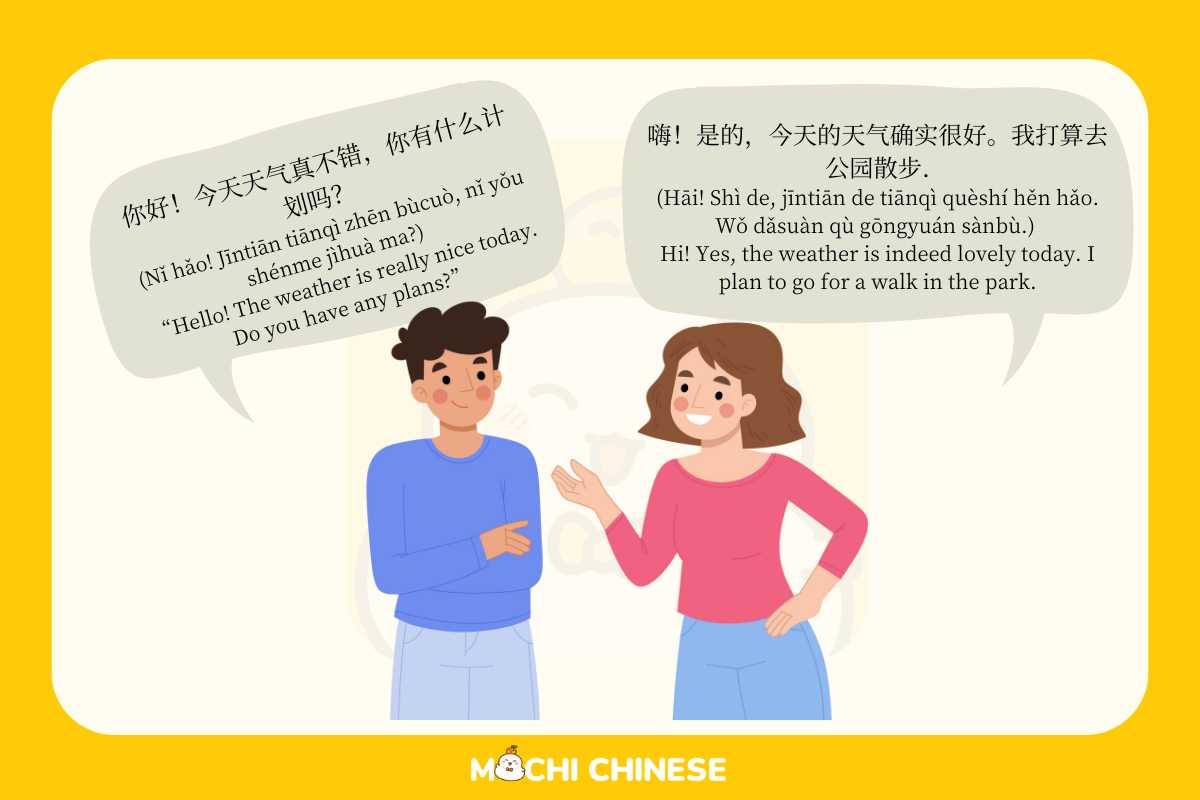
Expressing Gratitude and Politeness
Politeness is a cornerstone of Chinese culture. Knowing how to express thanks, apologies, and polite refusals can greatly enhance your interactions.
Importance of Politeness in Chinese Culture:
- Respect and humility are highly valued in social interactions.
- Using polite language reflects well on you and fosters positive relationships.
Phrases to Express Thanks:
- 谢谢 (Xièxiè) – Thank you
- 非常感谢 (Fēicháng gǎnxiè) – Thank you very much
Phrases to Apologize:
- 对不起 (Duìbuqǐ) – I’m sorry
- 很抱歉 (Hěn bàoqiàn) – I’m very sorry
Phrases for Polite Refusals:
- 不好意思 (Bù hǎoyìsi) – Excuse me (used to politely refuse or get attention)
- 可能不行 (Kěnéng bù xíng) – It might not be possible
Conclusion
Mastering essential Chinese phrases for beginners is a valuable skill that can enhance your communication abilities and enrich your cultural experiences. From greetings and basic interactions to handling emergencies and building connections through small talk, these phrases serve as the foundation for meaningful interactions in Mandarin Chinese. So, practice regularly, immerse yourself in the language, and don’t be afraid to step out of your comfort zone. With dedication and persistence, you’ll soon find yourself conversing confidently in Chinese. 加油! (Jiāyóu! – Keep it up!)
Recommended app for further learning
Mochi Chinese: This app focuses on joyful learning experiences and helps you memorize 1000 Chinese words in just one month. It features bright and friendly design, interactive lessons, and a special feature called “Golden Time” that reminds you to review vocabulary right before you forget it. You can download it for free from the Google Play Store, App Store, or Web version.




